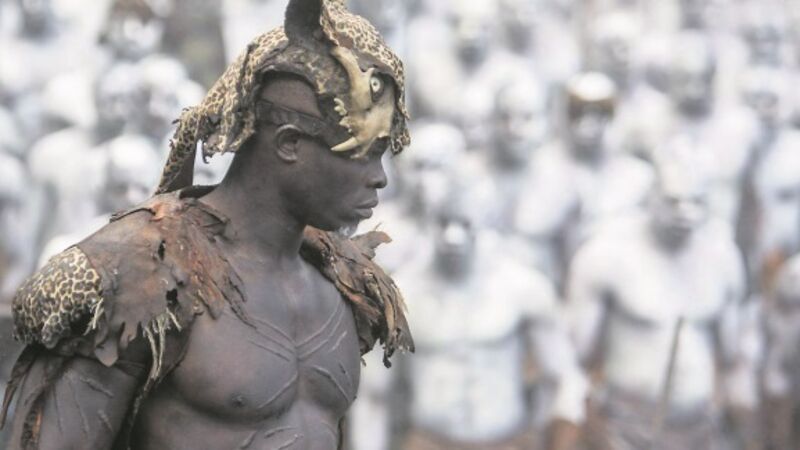Djimon Hounsou takes on Tarzan in his latest intense role

If there is one word to describe Djimon Hounsou, it’s intense. From his Steven Spielberg breakthrough in Amistad, to his Oscar-nominated Mateo in Jim Sheridan’s In America, to his signature role opposite Matt Damon in Blood Diamond, his steely smoulder is in no small part responsible for captivating audiences and simultaneously flustering us womenfolk. Meeting him on a rare sunny day in London, this intensity burns in the background as he holds out his hand and smiles.
The 52-year-old model turned actor is over from LA for The Legend of Tarzan, an action blockbuster which succinctly uses his forte for Chief Mbonga, Tarzan’s enemy after the death of Mbonga’s son — but an enemy with heart.











